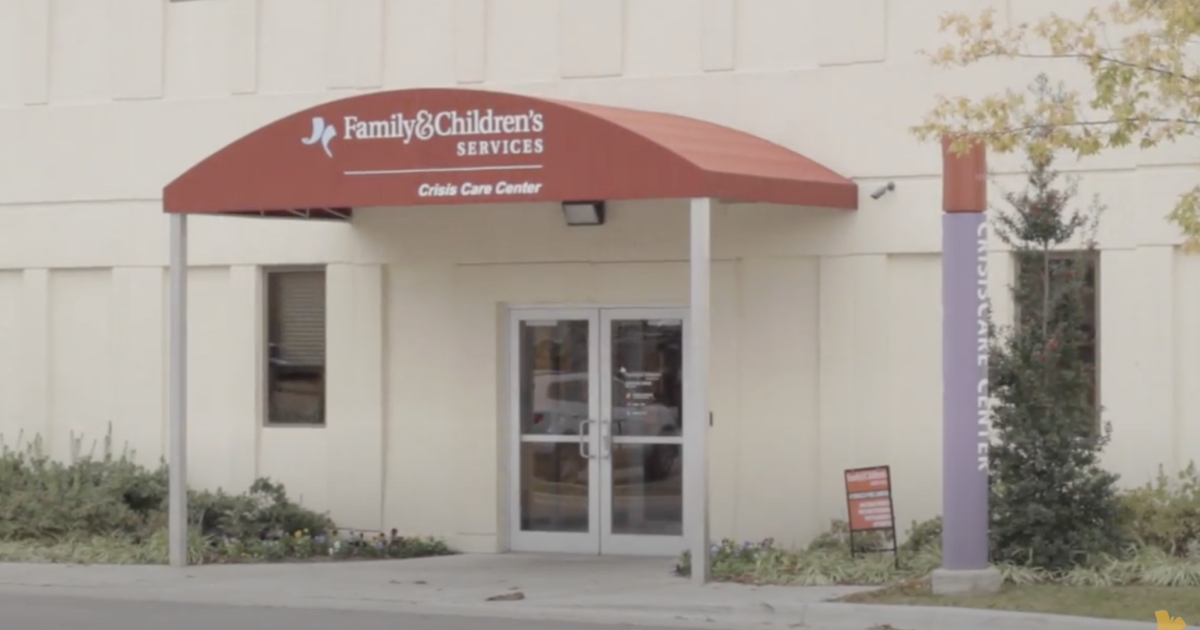Corneal Westbrooks recalls the struggles he faced with his younger brother, Jawaun, who is currently serving a 37-year sentence in prison for fatally stabbing a bank employee in Chicago. Westbrooks emphasizes the lack of resources available for families trying to help loved ones with severe mental health issues. He and his mother felt powerless as they attempted to secure consistent treatment for Jawaun, who has battled bipolar depression and schizophrenia since his teenage years.
In a six-part investigation, the Chicago Sun-Times highlighted systemic failures in Illinois’ mental health system that contributed to a series of violent incidents involving individuals with severe mental illness. In 2014, Jawaun attacked two women with a hammer, and in 2021, he fatally stabbed Jessica Vilaythong at a Chase bank. Both incidents raised alarms about how individuals with untreated mental health conditions can slip through the cracks of the system until they commit acts of violence.
Dr. Stephen Dinwiddie, chief of forensic psychiatry at Northwestern University, stated that families often feel helpless when they see their loved ones unable to access adequate treatment. Many individuals with severe mental illnesses are more likely to be victims of violence than perpetrators, yet the system fails to provide them with the support they need.
Jawaun’s childhood was marked by joy and affection, but as he entered his late teens, he began to exhibit troubling behaviors, including delusions and paranoia. His family sought help through hospital visits, where he was diagnosed but often released with little guidance for ongoing care. This pattern of temporary hospitalization followed by quick discharge left the family frustrated and anxious about Jawaun’s well-being.
Corneal and his mother attempted to intervene when Jawaun stopped taking his medication. They believed that mental health services should allow family members to participate in treatment decisions, especially when the individual is not capable of recognizing the severity of their condition. Unfortunately, the available resources were insufficient, leading to repeated hospitalizations without lasting solutions.
Jawaun’s history included multiple run-ins with the law, often culminating in a cycle of brief psychiatric treatment followed by release. In 2014, he was charged with assaulting two women on a lakefront path, which was preceded by alarming behavior that indicated he required more intensive support. His subsequent hospitalization resulted in a diagnosis of legal insanity, but upon discharge, he returned to an unstable living situation without the necessary structure to maintain his mental health.
Westbrooks and his family faced additional challenges after the death of their father in 2021, which triggered a decline in Jawaun’s mental health. As he began to wander the streets and neglect his medication, his family felt increasingly isolated in their efforts to help him.
Tragically, the culmination of these challenges led to the deadly stabbing of Vilaythong, a 24-year-old bank employee. After the attack, Jawaun told his family that he believed people were following him, illustrating the severe disconnect between his mental state and reality. The incident raised serious questions about the adequacy of mental health interventions available in Illinois.
The Westbrooks family is now advocating for reform in the mental health system, calling for more comprehensive treatment options and greater support for families. They argue that proactive measures and better coordination of services could prevent similar tragedies in the future. The family’s experience underscores the urgent need for systemic change to address the challenges faced by individuals with severe mental illness and their families.



